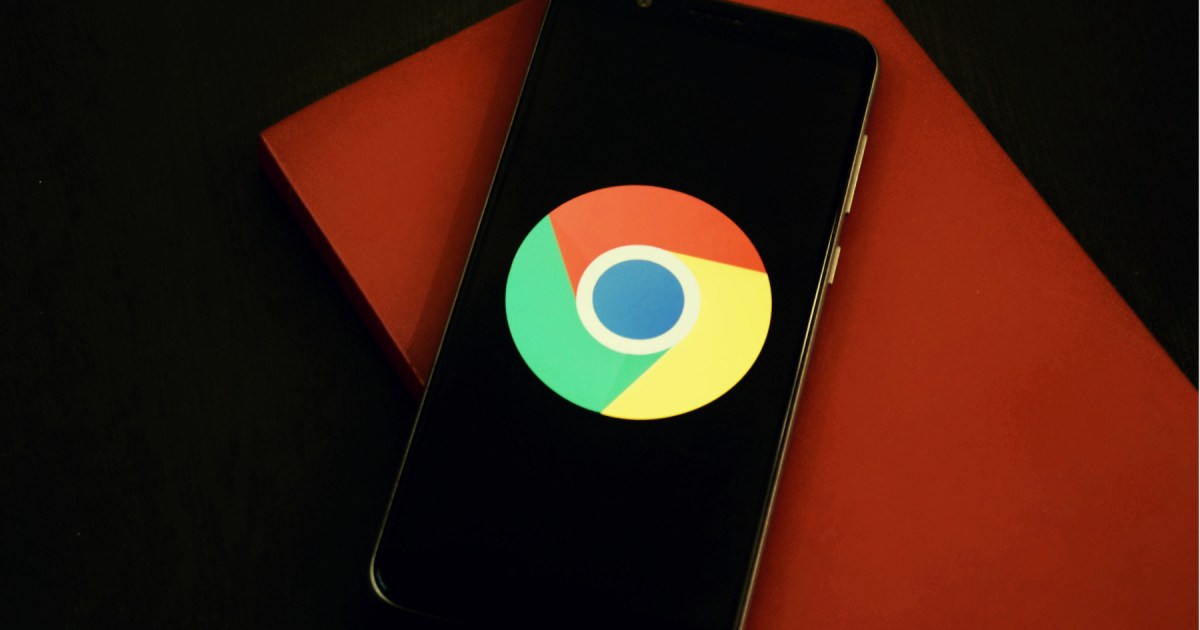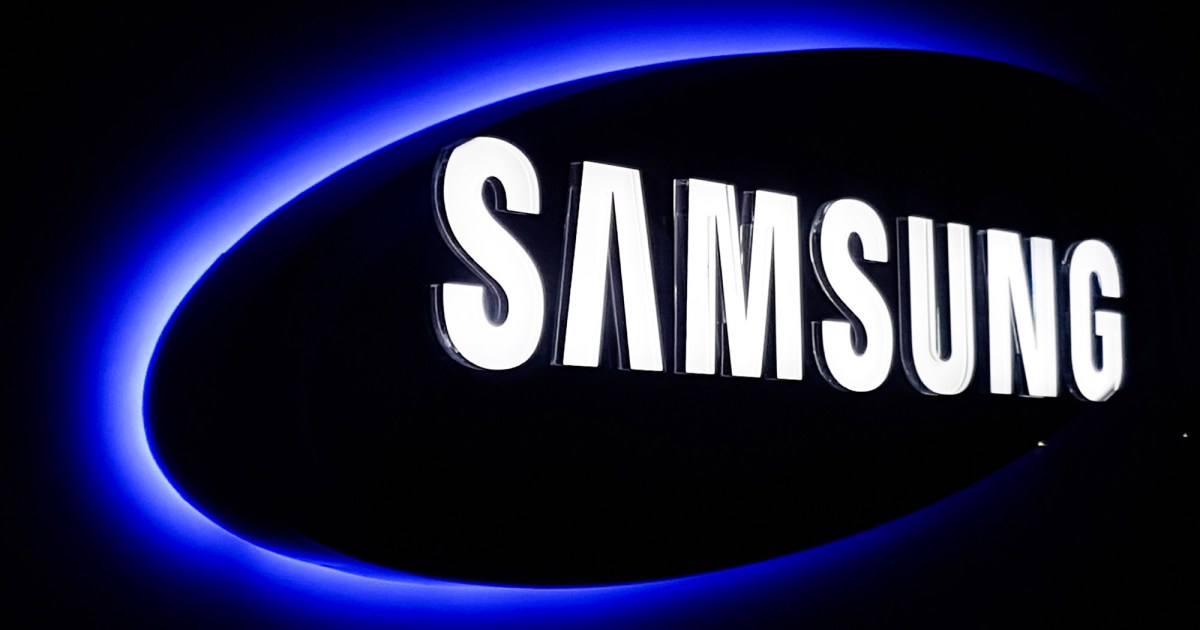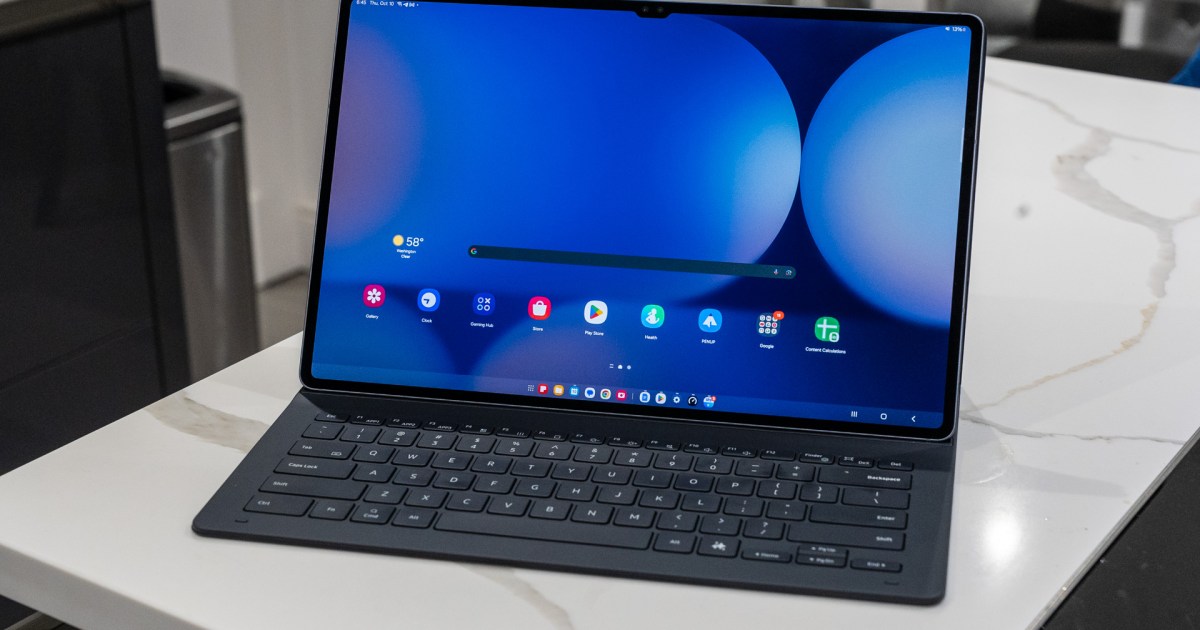Google has responded to the Department of Justice’s (DOJ) antitrust lawsuit with its own set of proposed remedies, addressing concerns about its dominance in search and its impact on Android and browsers. The DOJ’s suggestions, including a potential sale of Chrome, stemmed from the ongoing antitrust case focused on Google’s search monopoly. Google argues that these recommendations “go far beyond” the court’s actual decision.
Google’s proposal focuses on providing more flexibility to partners like Apple, who currently receive billions of dollars from Google to default to Google Search on their devices. The proposal emphasizes choice and competition in several key areas.
Key Changes Proposed by Google
Google’s proposed remedies address several key aspects of its business practices:
Search Engine Choice for Partners
A central element of the proposal is granting partners like Apple the freedom to choose their preferred browser engine. Currently, Google pays substantial sums to companies like Apple and Samsung to prioritize Google Search. The new proposal aims to decouple these agreements, allowing partners greater control. This builds on existing flexibility, such as Apple’s option in iOS 17 to set different search engines for regular and private browsing in Safari.
Separate Search Deals Per Platform and Browsing Mode
Google also proposes offering separate search engine deals for each platform and browsing mode. This means distinct agreements for iOS and iPadOS, as well as different browsing modes within a single platform. This would further empower partners to tailor their search engine integrations to specific user needs and preferences.
Annual Renewal of Partnerships
The proposal includes the option for partners to renew their search partnerships annually. This provides companies like Apple with the opportunity to reassess their choices and potentially explore alternatives each year. This increased flexibility promotes competition and ensures partners are not locked into long-term agreements. As Lee-Anne Mulholland, Google’s Vice President of Regulatory Affairs, explains, partners will have “the ability to change their default search provider at least every 12 months.”
Reshaping the Android Landscape
 A phone displaying the Android splash screen.
A phone displaying the Android splash screen.
Google’s proposal also signifies a potential shift in the Android ecosystem. The company aims to address concerns around “conditional licensing,” where manufacturers are required to adopt certain Google services to access others. Currently, Google Mobile Services (GMS) licensing agreements include preinstallation clauses for Google apps and influence search engine choices.
Decoupling Google Search and Chrome from GMS Licensing
Under the proposed changes, Android partners would no longer need to license Google Search or Chrome to preload Google Play or other Google applications. This directly addresses the court’s concerns about manufacturers’ ability to preload competing search engines, even exclusively. This decoupling aims to create a more open environment for alternative search engines on Android devices.
Flexibility in Preloading Multiple Search Engines and Apps
Google’s proposal emphasizes increased flexibility for device makers. They would have the freedom to preload multiple search engines and any Google app independently of preloading Search or Chrome. This allows for greater customization and choice for manufacturers and, ultimately, consumers.
No Mandatory Bundling of Gemini AI Assistant
The proposed changes also extend to the AI landscape. Android device makers won’t be required to bundle Google’s Gemini AI assistant to access core Google products like Search, Google Play, or Chrome. Furthermore, Google will not impose restrictions on partners preloading competing generative AI products. This ensures a level playing field for AI assistants on Android devices.
Implementation and Timeline
Google proposes a three-year implementation period for these remedies, shorter than the 10-year period requested by the plaintiffs. The company acknowledges the potential cost to its partners but emphasizes that these changes address the court’s core concerns while balancing the need for innovation and competition.
Conclusion
Google’s proposed remedies represent a significant shift in its approach to search and Android licensing, emphasizing choice and competition. While the long-term impact remains to be seen, these changes have the potential to reshape the digital landscape. The proposals address key concerns raised in the antitrust lawsuit and offer a path towards a more open and competitive environment for search engines, browsers, and AI assistants.











